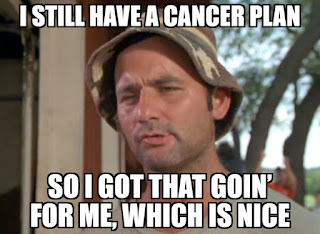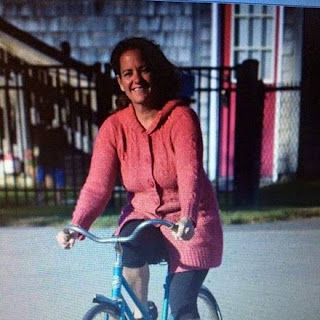People have asked me when I was going to get the quoting buttons for cancer insurance, accident insurance and hospital indemnity plan* on the Surf Financial Brokers website. Well, after some technical glitches they are finally there. And the best part is that they work!
One of the running myths in the insurance business is that people want personalized service. That is true for some of the public, but let's face it, a vast number of people have been purchasing homeowners and car insurance online for years. They are comfortable with the DIY approach and not having an agent, but rather filing claims and handling other service issues through a call center. That's perfectly acceptable for these folks, while others do want someone nearby to answer their questions.
Running your own quote on our site is awesome for several reasons.
- You can cover whomever you want. Whether you need coverage for yourself, you and a spouse, you and your kids or the whole family, you decide who is covered.
- You can customize it to fit your needs. There are plenty of riders that you may or may not be interested in.
- You can fit it in your budget. While deciding who to cover and what optional riders you like you can see the premium as you go.
- You don't need an appointment. We know you are busy so you can use our quoting tools when it is convenient to you. And if you have questions, drop us a note or book an appointment using our online calendar.
And it is extremely easy to run a quote. When visiting our Products and Quotes page you will see buttons for Hospital Insurance, Accident Insurance and Cancer Insurance. Simply click on the one you are interested in. A page will appear with some information on the product along with a "Get Quote" button. From there it is just a matter of entering your information and getting an insurance quote.
Along with these products, there is also a "Get A Quote" button for life insurance and disability insurance**. The life insurance button let's you choose from term or whole life with options such as Return of Premium term life. There is even a tool to help you determine how much coverage you need.
For disability insurance, you let the calculator know what kind of work you do and your annual income. Disability insurance helps you to insure your paycheck in case you become sick or hurt and are unable to work, you can still pay the bills.
We ask that you give it a try. If you have questions or concerns, let us know. And if you like it, we would appreciate referrals. Referring us helps us to grow our agency by spending more time with our clients and less time prospecting.
We have attempted to create a virtual agency that can take care of people either way. If someone prefers to run a quote and apply for coverage without the help of one of our agents, that is absolutely fine. But there are those times when one wants a real person to answer their questions, and we can do that for them as well.
Run a quote and give us some feedback. And in the meantime, please stay healthy!
*Not all insurance products are available in all states.
**Rates are estimates based on your information and are subject to underwriting.
Chris Castanes is the president of Surf Financial Brokers, helping people find affordable life and disability insurance coverage. He's also is a professional speaker helping sales people be more productive and efficient and has spoken to professional and civic organizations throughout the Southeast. And please subscribe to this blog!














